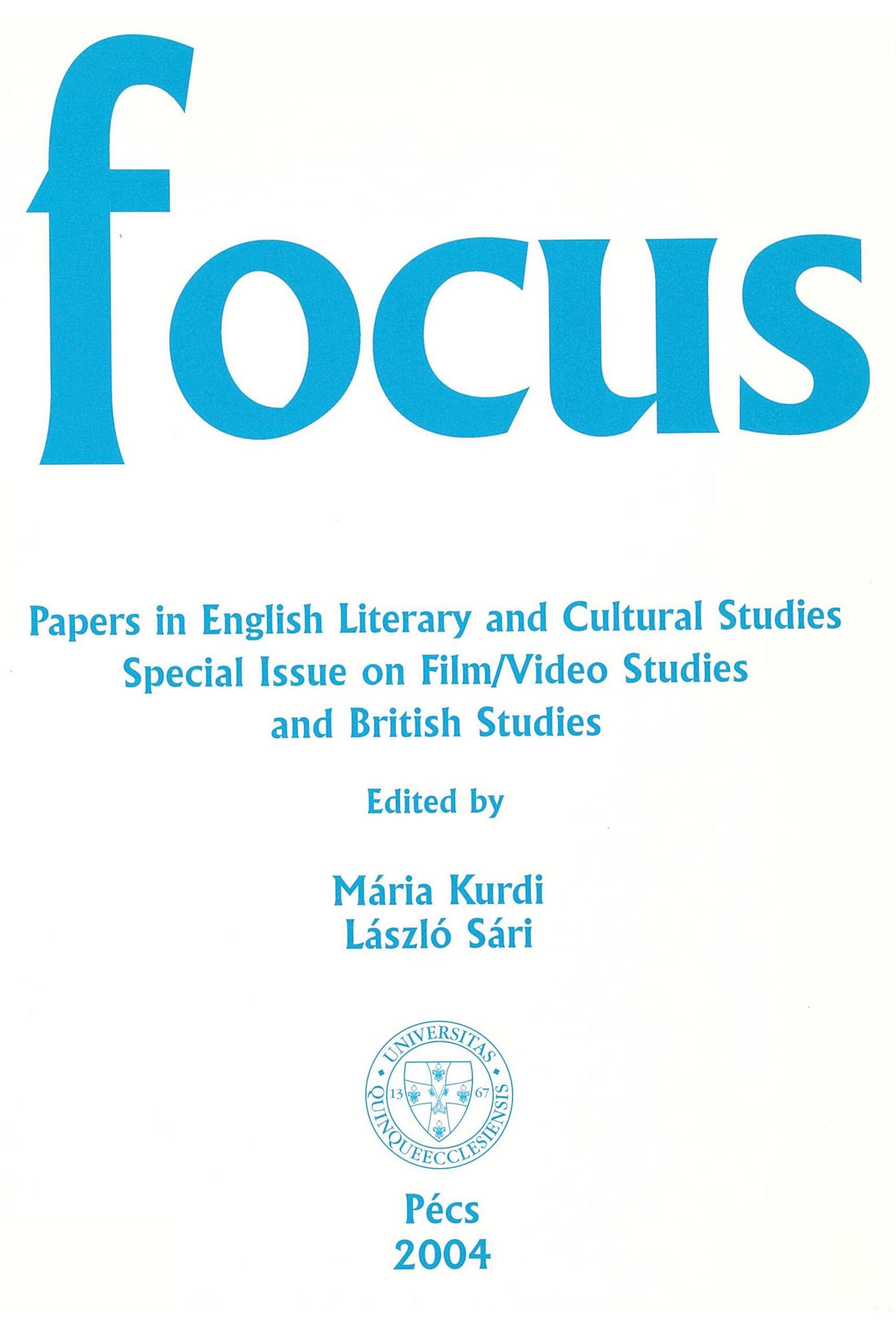“Something Better Left Alone”: Interrogating the Mother in Dolores Claiborne
Abstract
Based upon Stephen King’s 1992 novel, Taylor Hackford’s Dolores Claiborne (1995) takes a mother-daughter relationship as its dramatic focus. Estranged for fifteen years, Dolores St. George (Kathy Bates) and her daughter Selena (Jennifer Jason Leigh), are reunited when the former is accused of murdering her wealthy and aged employer. This meeting is anonymously facilitated by John Mackey (Christopher Plummer), a detective long-convinced of Dolores’ murderous propensities. Driven by his failure to prosecute her for the death of her husband, Joe, some eighteen years earlier, Mackey hopes Selena’s return will become the source of Dolores’ undoing. Equally convinced of her mother’s guilt for the earlier crime, Selena dutifully returns to their island-home where she calls upon her experience as a successful New York journalist to orchestrate Dolores’ defence. During her stay, she is forced by her mother to confront the events that led, during an historic solar eclipse, to Joe’s death. Although she initially rejects both her mother and the testimony she provides, Selena comes, at the close of the film, to face her own repressions and, in so doing, effects a reconciliation with the woman whose claims she has hitherto denied.
Downloads
Published
How to Cite
Issue
Section
License

This work is licensed under a Creative Commons Attribution-NonCommercial-NoDerivatives 4.0 International License.
FOCUS: Papers in English Literary and Cultural Studies follows the principles laid down by Creative Commons, which provides guarantees for the Author’s copyright while also ensuring that intellectual properties are made available for the wider public in a digital form. All papers submitted to the journal apply the following licence conditions (indicated on the journal’s website as well as in individual publications):
“© This work is licensed under a Creative Commons Attribution-NonCommercial-NoDerivatives 4.0 International License.”
You are free to:
- Share, copy and redistribute the material included in the journal in any medium or format under the following terms:
- Attribution — You must give appropriate credit to the Author, and indicate the original place of publication [FOCUS: Papers in English Literary and Cultural Studies, Issue nr., page numbers.].
- NonCommercial — You may not use the material for commercial purposes.
- NoDerivatives — You are not allowed to remix, transform, or build upon the material.
- The above conditions must always be indicated if the journal material is distributed in any form.
- The above conditions must always be met, unless a written permission signed by the Author and the Editor-in-Chief states otherwise.

